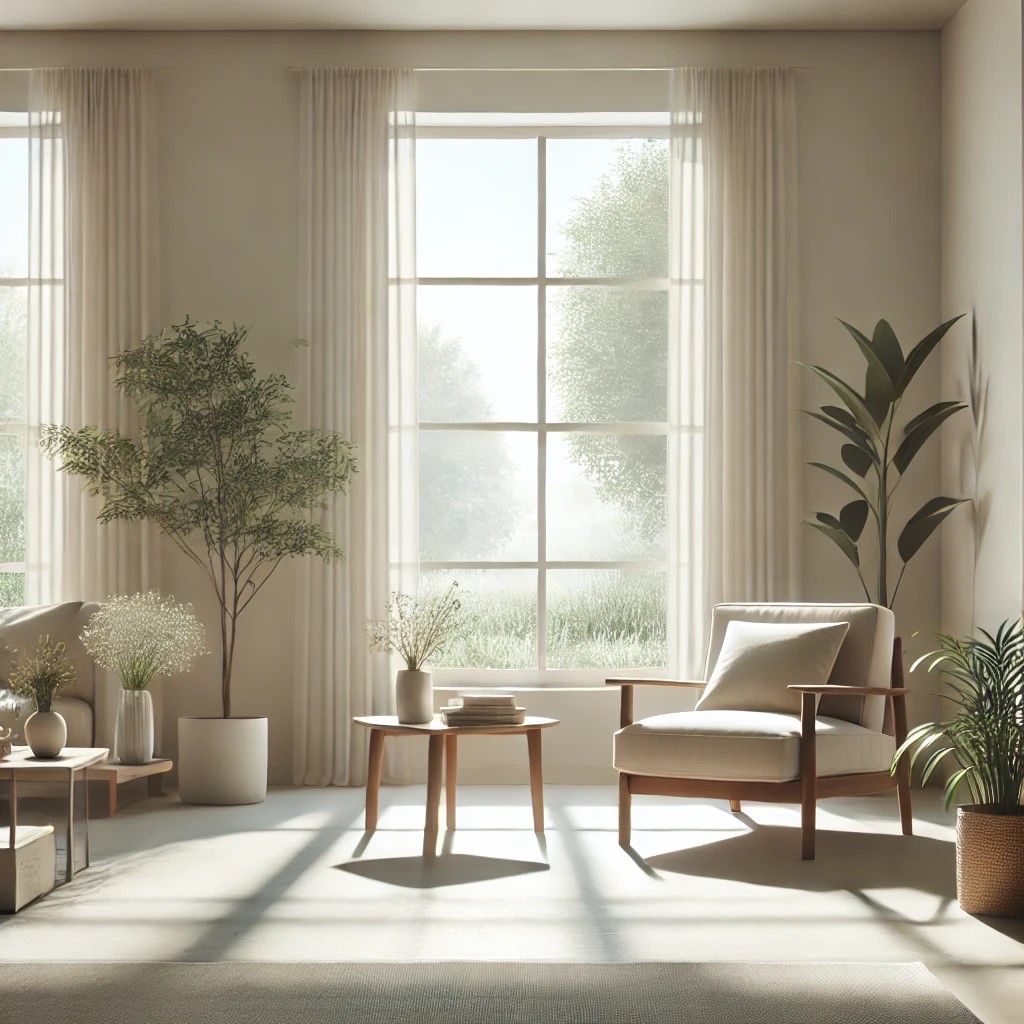The Psychology of Clutter: Why We Hold Onto Things and How to Let Go
—
October 18th, 2024

Have you ever looked around your home and noticed the piles of things you’ve accumulated over the years? It could be a closet full of clothes you no longer wear, stacks of books gathering dust, or sentimental keepsakes from every chapter of your life. While having a few cherished items is normal, excessive clutter can creep into our lives and weigh us down more than we realize—both physically and mentally.But why is it so hard to let go of stuff, even when we know we no longer need it? To understand this, we need to explore the psychology behind clutter.
Why Do We Hold Onto Clutter?
- Sentimental AttachmentMany of the objects we hold onto are tied to special memories. We fear that letting go of these items will mean losing a part of ourselves or the emotions tied to those memories. Whether it’s your child’s first drawing or a gift from a friend, these objects often represent moments in time we don’t want to forget.
- Fear of Scarcity or Future NeedWe’ve all heard ourselves say, “I might need this someday.” The fear of needing something later drives us to hold onto things "just in case." This mindset stems from a scarcity mentality, which often leads us to stockpile items that rarely, if ever, see the light of day.
- Identity and Self-WorthWe often assign value to objects based on how they reflect who we are. Whether it’s a hobby-related item, a piece of furniture from a past home, or items that align with a certain self-image, it’s easy to feel like letting go of possessions is letting go of a part of our identity. We attach meaning to these things, making it harder to part with them.
- Avoidance and Decision FatigueDecluttering requires making decisions, and decision-making can be mentally exhausting. When faced with a room full of things, our brain often says, "I’ll deal with it later." Procrastination and avoidance are natural responses to the emotional and cognitive labor of sorting through years of belongings.
The Impact of Clutter on Our Well-Being
Clutter isn’t just about physical space; it has a profound impact on our mental health. Studies show that clutter can contribute to increased stress, anxiety, and feelings of overwhelm. It visually reminds us of tasks left undone and can create mental noise, making it harder to focus or relax. A cluttered environment can also lead to procrastination and feelings of guilt, especially when we struggle to let go of items we no longer need.Living in a space filled with too much “stuff” can feel chaotic and draining, reducing our sense of control and well-being.
How to Let Go: Practical Tips for Decluttering
If the thought of decluttering feels overwhelming, take heart—it doesn’t have to be all or nothing. Here are some practical tips to help you get started and, more importantly, to keep going:
1. Start Small
Don’t tackle your entire home at once. Begin with a small, manageable area, like a drawer, a closet, or even a corner of a room. Small successes will build momentum, giving you the confidence to continue.
2. Use the “Does It Serve Me Now?” Test
For each item you come across, ask yourself if it serves a meaningful purpose in your life today. Is it useful? Does it bring joy? If the answer is no, it may be time to let it go. You can also ask yourself, “Would I buy this today if I didn’t already own it?”
3. Create a Memory Box
Sentimental items can be the hardest to part with. If certain objects hold deep emotional value but you don’t use or need them, create a designated memory box where you store just a few special pieces. This way, you can keep the memories without letting them clutter your entire space.
4. Donate, Sell, or Repurpose
Knowing that your unwanted items can benefit others makes it easier to part with them. Donate gently used clothes, furniture, and items to those who need them. If something holds value, consider selling it online or in a yard sale. Repurposing or upcycling can also give new life to old objects without keeping the clutter.
5. Practice Mindfulness
Decluttering isn’t just about getting rid of things—it’s a mindful practice of releasing the past to make room for the present. As you let go of items, reflect on how much you really need to feel fulfilled. The lighter you live, the more mental space you create for new experiences and personal growth.
Decluttering as a Path to Freedom
Letting go of clutter isn’t just about having a tidy home. It’s about reclaiming your peace of mind, creating space for clarity, and simplifying your life. When you release what no longer serves you, you’re not just decluttering your physical environment—you’re decluttering your mental space, too.While it’s okay to hold onto things that truly matter, learning to let go of excess is a powerful practice in mindfulness and intentional living. Decluttering is not just a one-time event, but an ongoing process that helps you live with more intention, less stress, and greater freedom.So, are you ready to let go and make space for what truly matters?
🌿ConclusionClutter might seem like a small, harmless issue, but it can deeply affect our mental and emotional health. By understanding the psychology behind why we hold onto things, we can begin the process of letting go with compassion and clarity. Start small, take your time, and remember—the freedom you’ll feel after decluttering is well worth the effort.
StorWise Self Storage News & Blog
